Introduction
Fayez Tlaib is a name that has garnered attention in various fields, particularly in political and social spheres. Known for his contributions to his community and his active involvement in advocating for various causes, Fayez Tlaib’s legacy offers a profound insight into the intersection of culture, activism, and leadership. In this article, we delve deep into the life, work, and impact of Fayez Tlaib, examining his achievements, his challenges, and his lasting influence on his community and beyond.
The name Tlaib may sound familiar to some, given the rising prominence of his family members in American politics, notably Rashida Tlaib, a U.S. Congresswoman. However, Fayez Tlaib’s contributions are unique in their own right, marked by a steadfast dedication to values that align with justice, equality, and the betterment of society. As we navigate through this article, we will explore not just his personal background, but also the broader implications of his work in shaping contemporary dialogues around politics, identity, and social justice.
1. Early Life and Background of Fayez Tlaib
Fayez Tlaib’s roots can be traced back to a deeply culturally rich background. Born into a Palestinian family, he was raised with strong values of community, solidarity, and resilience, which would shape his worldview and approach to activism later in life. His upbringing was marked by stories of struggle, as his family faced the challenges of displacement and migration, themes that resonate strongly with the Palestinian diaspora.
Growing up in a tight-knit family, Fayez was exposed to the realities of social and political inequalities from a young age. His early experiences were pivotal in developing his sense of justice and fairness. In many ways, the Tlaib family’s story mirrored that of many immigrant families striving for better opportunities while navigating the complexities of identity in a new land. It was this environment that ignited Fayez’s passion for community activism and his commitment to fighting for the rights of the marginalized.
Education played a crucial role in shaping Fayez’s worldview. He pursued higher education, not just as a means of personal advancement, but as a tool for empowerment. His academic journey was driven by a desire to gain knowledge that could be applied toward meaningful change. This early phase of his life laid the foundation for what would become a career focused on advocacy and leadership.
2. Fayez Tlaib’s Role in Community Building
One of the most significant aspects of Fayez Tlaib’s legacy is his work in community building. His passion for improving the lives of those around him is evident in his involvement in various local initiatives aimed at uplifting underrepresented communities. Throughout his life, Fayez championed causes that focused on education, healthcare access, and economic opportunities for disadvantaged groups.
Fayez was particularly known for his hands-on approach to community work. He believed that real change starts at the grassroots level, and he was often seen participating in neighborhood meetings, organizing local drives, and working directly with the people he sought to help. His leadership style was inclusive, ensuring that everyone’s voice was heard, and his ability to bridge gaps between different factions within his community made him a respected figure.

In addition to his direct involvement in community activities, Fayez Tlaib also worked closely with local government officials to push for policies that would benefit marginalized populations. His deep understanding of the needs of his community allowed him to effectively advocate for solutions that addressed the root causes of inequality, rather than just the symptoms. Through his efforts, Fayez played a crucial role in fostering a sense of unity and purpose among his peers, making him a cornerstone in his community’s development.
3. Advocacy for Social Justice and Equality
Fayez Tlaib’s commitment to social justice extended far beyond his local community. He was an outspoken advocate for equality and fairness on a larger scale, using his platform to address systemic issues affecting not only Palestinians but also other marginalized groups. His advocacy work often intersected with larger movements, such as the fight for civil rights in the U.S. and global efforts to combat oppression and inequality.
One of the key areas where Fayez made a significant impact was in advocating for Palestinian rights. As a Palestinian-American, he was deeply connected to the struggles of his people, and he used his voice to highlight the injustices they faced both in the Middle East and in the diaspora. His work was not just about raising awareness; it was about pushing for tangible change, whether through political advocacy, organizing protests, or building coalitions with other groups facing similar struggles.
Fayez’s approach to advocacy was always rooted in a philosophy of non-violence and dialogue. He believed in the power of peaceful resistance and was inspired by leaders like Martin Luther King Jr. and Mahatma Gandhi, who emphasized the importance of achieving justice through non-violent means. This approach resonated with many, and it helped Fayez build a broad base of support that crossed ethnic and religious lines.
4. Political Involvement and Leadership
While Fayez Tlaib was not a politician in the traditional sense, his work often intersected with politics, especially at the local and national levels. His deep involvement in community affairs naturally led to a role in political activism, where he advocated for policies that aligned with his values of justice, equality, and fairness.
Fayez was instrumental in organizing voter registration drives and encouraging civic engagement within his community. He believed that true change could only come about when people were actively involved in the democratic process. His efforts to mobilize voters, particularly in underrepresented communities, helped to amplify the voices of those who were often marginalized in political discussions.
In addition to his work on the ground, Fayez also served as an advisor to various political candidates, offering guidance on issues related to social justice and community engagement. His insight into the needs of the people he represented made him a valuable asset to those seeking public office, and his influence extended beyond his immediate community. His legacy in political advocacy continues to inspire future generations of activists and leaders.
5. Challenges and Criticisms Faced by Fayez Tlaib
Like many leaders who challenge the status quo, Fayez Tlaib faced his fair share of challenges and criticisms. His outspoken nature and his unwavering commitment to justice sometimes put him at odds with those who preferred more conservative approaches to community and political issues. Despite this, Fayez remained steadfast in his beliefs, always prioritizing the needs of the marginalized over personal or political gain.
One of the primary challenges Fayez faced was navigating the often-hostile political climate surrounding Palestinian rights. His advocacy for Palestinian issues was sometimes met with resistance from those who viewed his stance as controversial. Nevertheless, Fayez never shied away from difficult conversations, choosing instead to confront these challenges head-on with dignity and grace.
Another challenge Fayez encountered was balancing his various roles as a community leader, advocate, and family man. Like many who dedicate their lives to activism, Fayez often had to make personal sacrifices in order to stay true to his mission. However, his dedication to his cause and his unwavering sense of purpose allowed him to overcome these obstacles and continue his work in the face of adversity.
6. Fayez Tlaib’s Influence on Future Generations
The legacy of Fayez Tlaib lives on not only through his direct contributions but also through the lasting impact he has had on future generations of activists and leaders. His work has inspired countless individuals, particularly within the Palestinian-American community, to take up the mantle of activism and continue the fight for justice and equality.
One of Fayez’s most significant contributions to future generations is the example he set as a leader who was both compassionate and firm in his convictions. His ability to listen to others, build consensus, and advocate for what he believed was right serves as a model for aspiring activists who seek to make a difference in their own communities.
In addition to his leadership qualities, Fayez’s emphasis on education and civic engagement has had a lasting impact on younger generations. His efforts to promote voter registration, community involvement, and political participation have helped to create a more engaged and informed citizenry, ensuring that the causes he championed will continue to be addressed in the years to come.
7. The Broader Significance of Fayez Tlaib’s Work
Fayez Tlaib’s work extends beyond his immediate community and holds broader significance for global movements focused on justice and equality. His advocacy for Palestinian rights, in particular, has contributed to a larger conversation about the role of marginalized groups in shaping their own destinies and fighting against oppression.
Fayez’s work also highlights the importance of intersectionality in social justice movements. He understood that the struggles of Palestinians were not isolated from the struggles of other marginalized communities, and he often worked to build alliances with other groups facing similar challenges. This approach has helped to foster greater solidarity between different movements and has strengthened the fight for global justice.

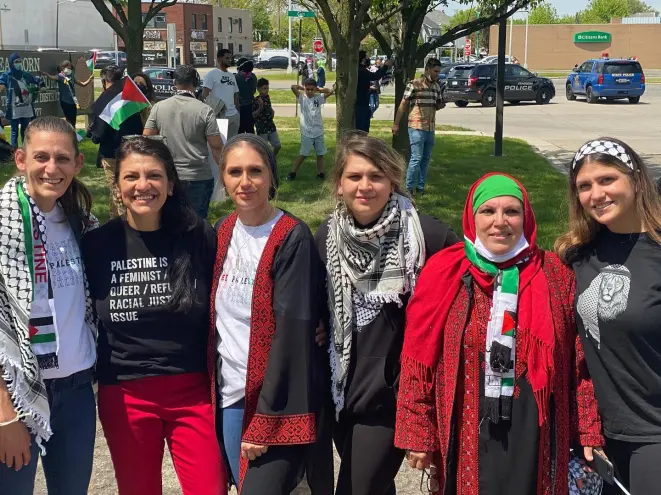




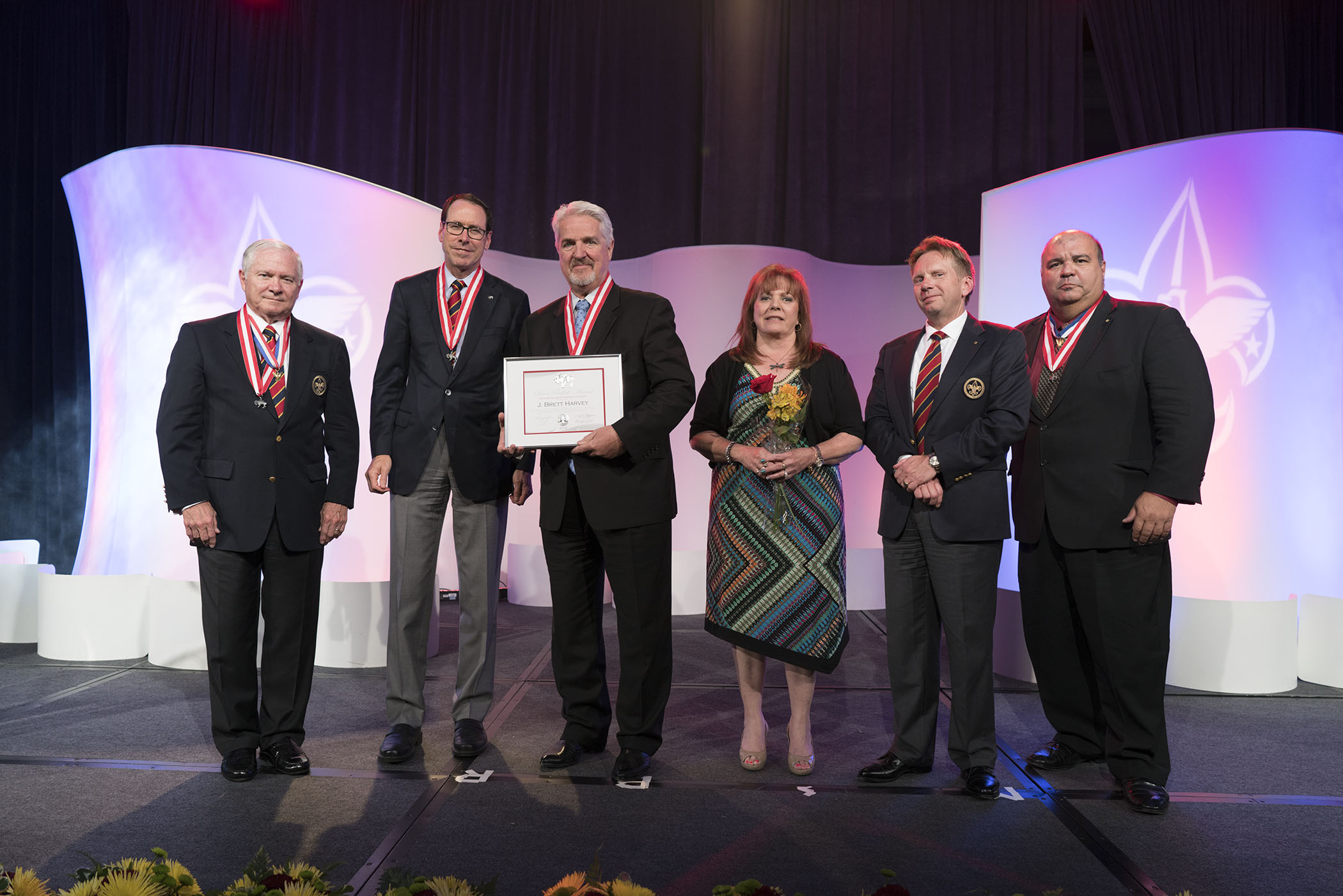
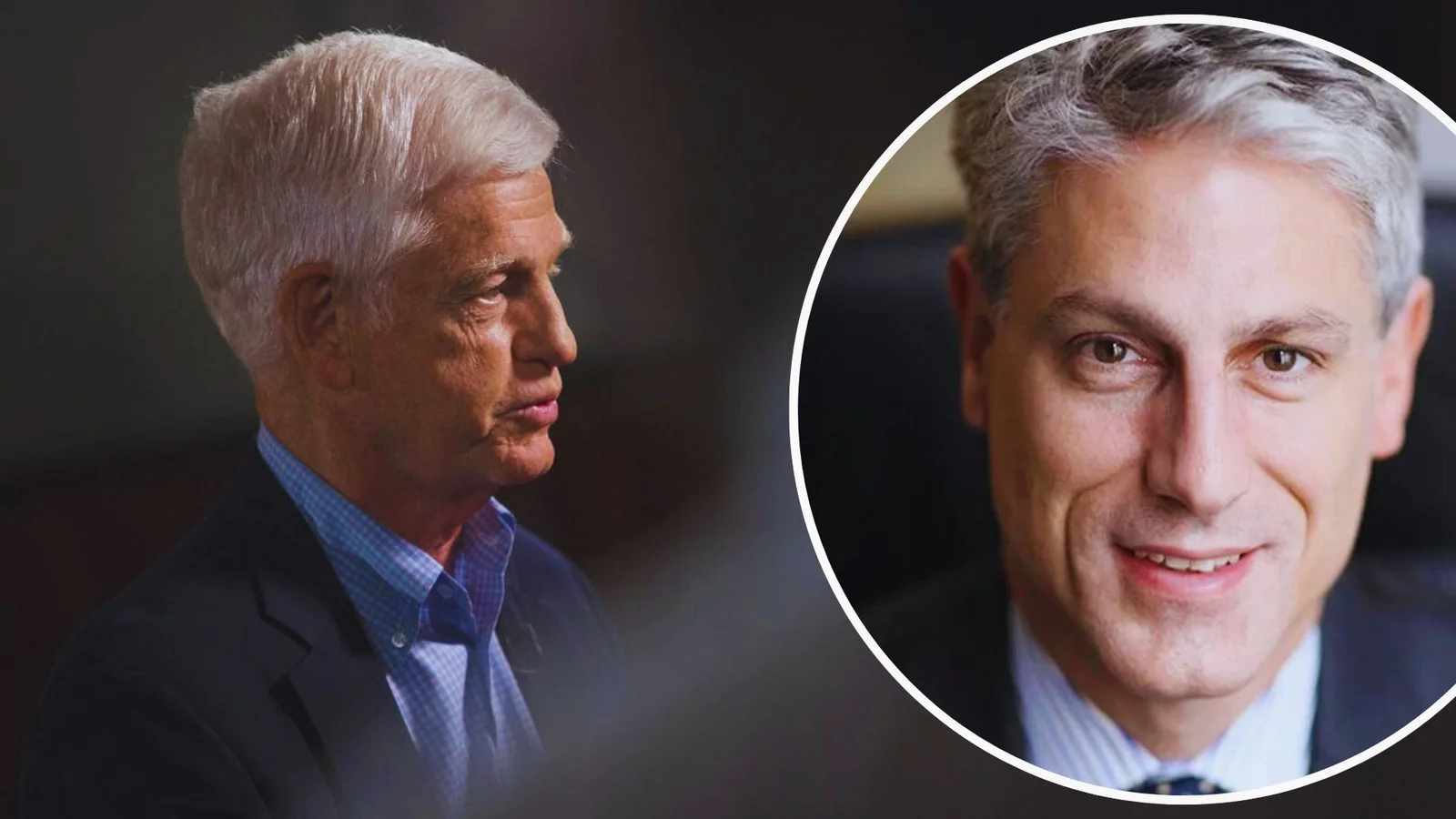

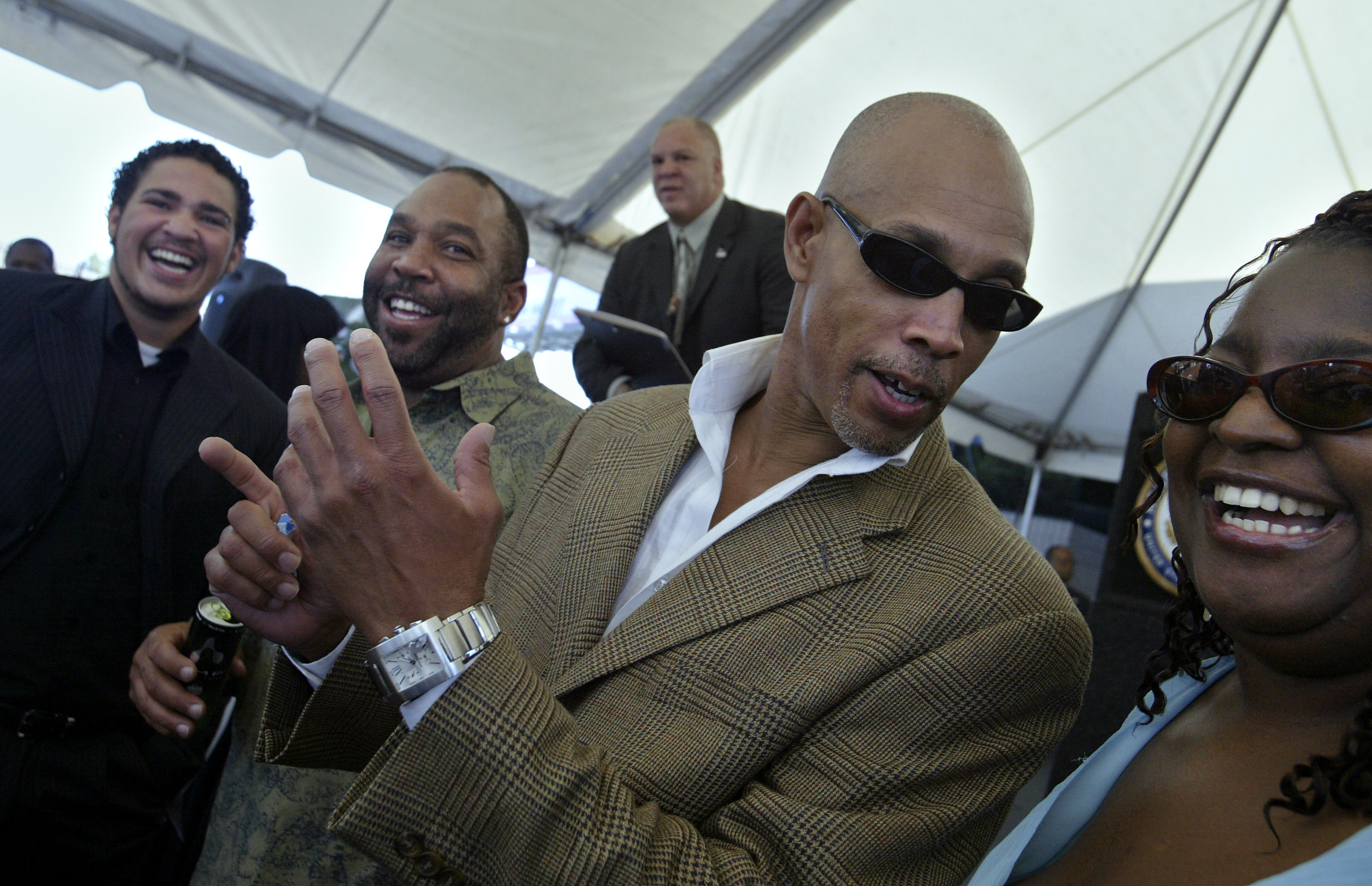

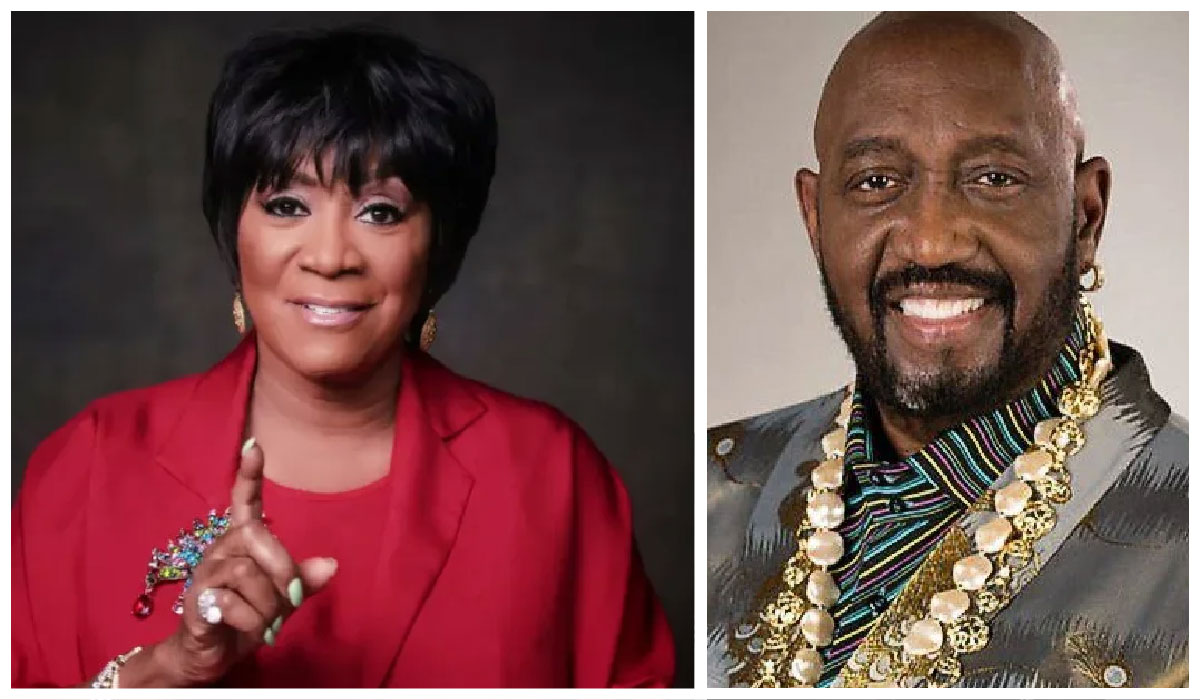



Leave a Reply